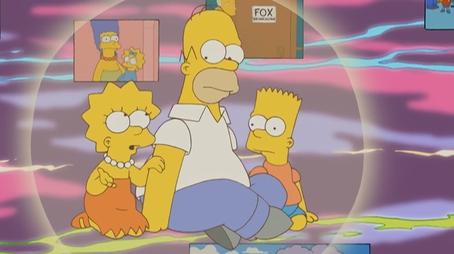
Sorry, we have not watched this yet.

Homer loses his memory--and his family--when he drinks Moe's most potent libation, the Forget-Me-Shot, in an episode that spoofs "Eternal Sunshine of the Spotless Mind" and "It's a Wonderful Life."
Sorry, we have not watched this yet.